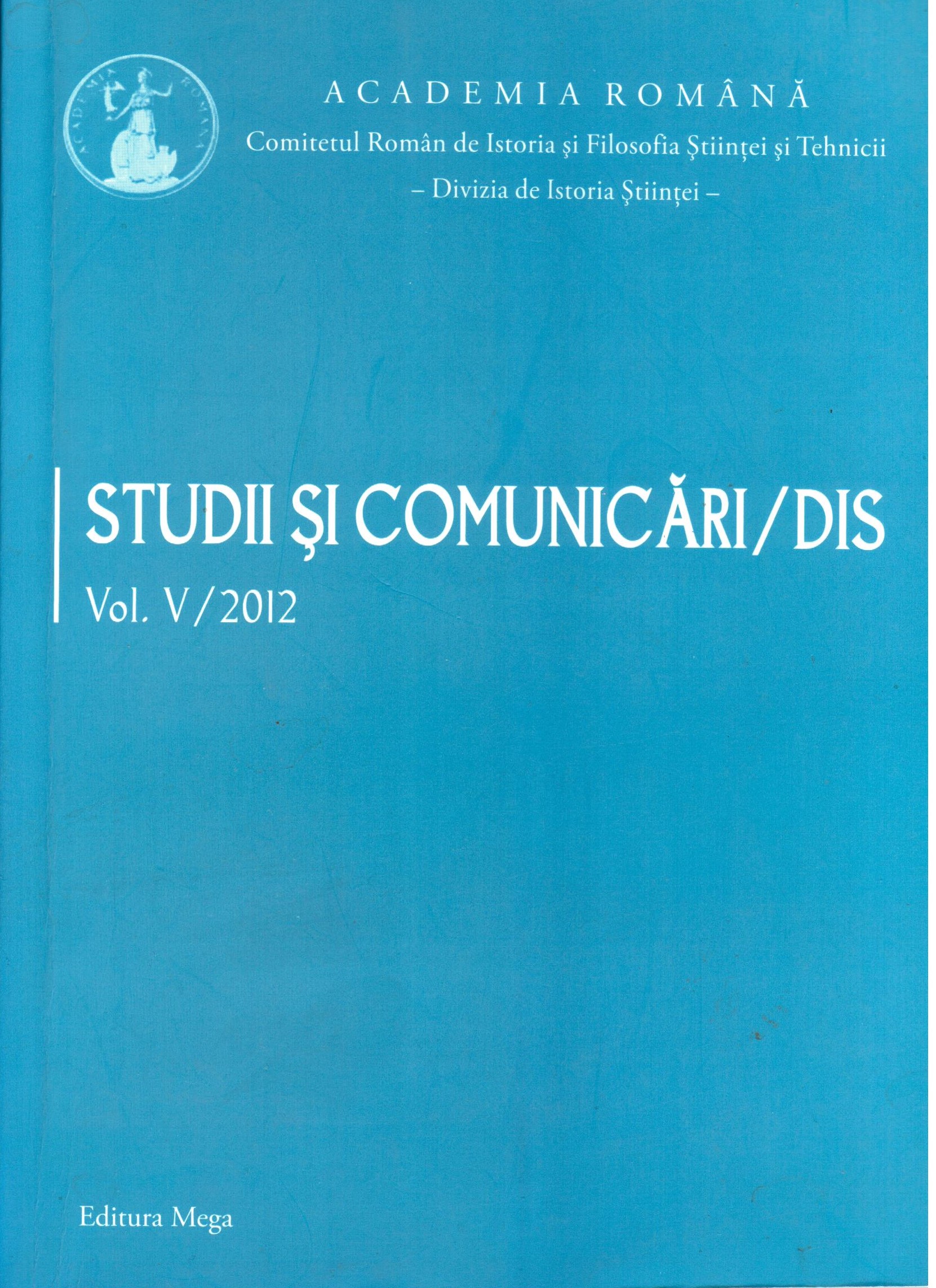Spiru Haret, mecanica socială: semnificaţii epistemologice
Spiru Haret, social mechanics: epistemological significances
Author(s): Ana BazacSubject(s): Scientific Life
Published by: Editura Mega Print SRL
Keywords: development of the modern social sciences; Romania; Spiru Haret; Descartes; Condorcet; epistemology;
Summary/Abstract: The paper remembers Spiru Haret’s work Social mechanics, published in 1910, and emphasises some significances of its presumptions in a history of the modern European social thinking, as well as for the Romanian social research of the time. Indeed, the book goes in for the philosophical positivist current, constituted on the ground of the modern scientific revolution and the first industrial revolution. In this framework, some attempts to transfer concepts and theoretical instruments (laws, correlations) from the natural sciences to the social domain have taken place (see Descartes, Condorcet). But it would be incorrect to characterise these attempts as a simple excess of mechanics. On the contrary, they have constituted a necessary moment in the construction of social sciences and in the understanding of the peculiarity of society. In Romania, the principle of scientific representation of society and of the use of proofs and measurements (principle of the exact and natural sciences) in order to evaluate the state of things and to support an efficient and modern (that is, democratic) organisation was explicitly and exemplarily promoted by Spiru Haret. And this tradition was later developed by the sociological school of Dimitrie Gusti.
Journal: STUDII ȘI COMUNICĂRI/DIS
- Issue Year: 5/2012
- Issue No: 5
- Page Range: 195-206
- Page Count: 12
- Language: Romanian

